Clinical Supervision

Meet Ian Robertson
I meet the CRPO Registration Committee’s criteria for providing clinical supervision, which includes:
Provision of the Clinical Supervision Attestation Form annually.
Suggestions, Contact Us

Why Clinical Supervision Matters




Key Benefits of Clinical Supervision
Core Purposes of Clinical Supervision

Formative
Equips supervisees with knowledge and skills through teaching and learning.
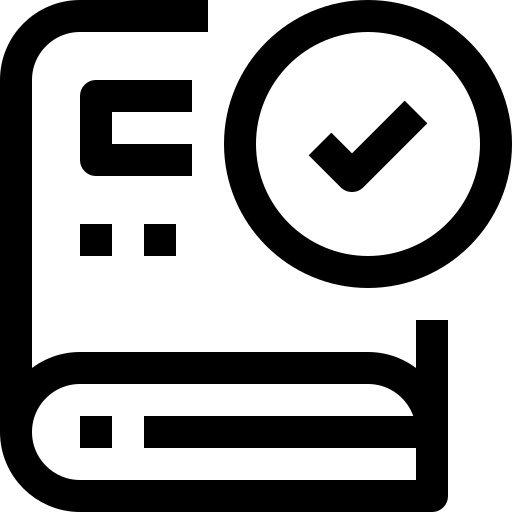
Normative
Ensures client welfare and professional accountability.
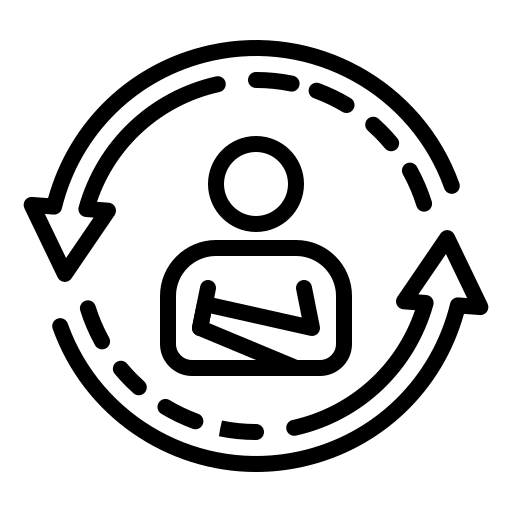
Restorative
Supports supervisees in managing emotional impacts to avoid burnout.
Areas of Focus in Supervision

Relational Skills
Develop advanced interpersonal skills to manage transference and counter-transference.

Reflective Practice
Foster critical thinking and self-awareness to improve clinical effectiveness.

Trauma-Informed Assessment
Utilize holistic and biopsychosocial approaches to understand causation and develop treatment plans.

Theoretical Knowledge
Strengthen understanding of evidence-based practices tailored to the populations you serve.
Areas of Focus in Supervision

Relational Skills

Reflective Practice

Trauma-Informed Assessment

Theoretical Knowledge
The Eight Clinical Domains in Practice

Intervention Skills Competence
Confidence and ability to carry out therapeutic interventions.
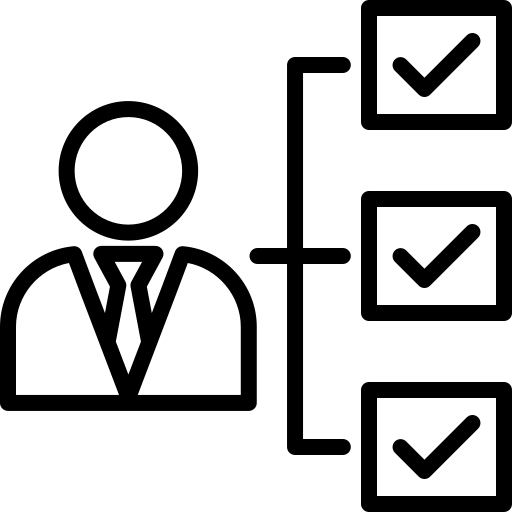
Assessment Competence
Effective biopsychosocial and addiction assessments.

Interpersonal Competency
Use of self in conceptualizing client problems from trauma-informed perspectives.

Client Conceptualization
Understanding clients’ circumstances and linking to maladaptive coping.
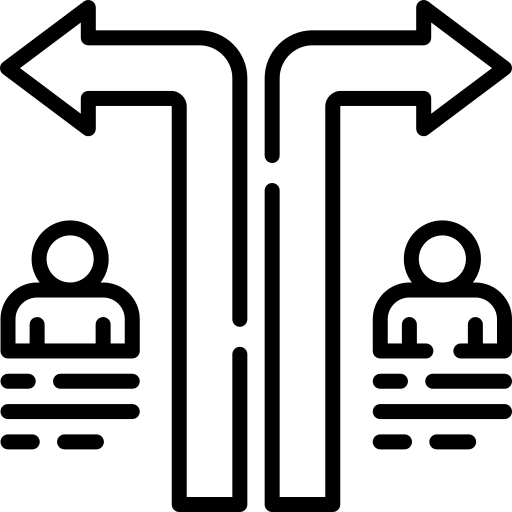
Individual Differences
Addressing cultural and societal influences on client behavior.
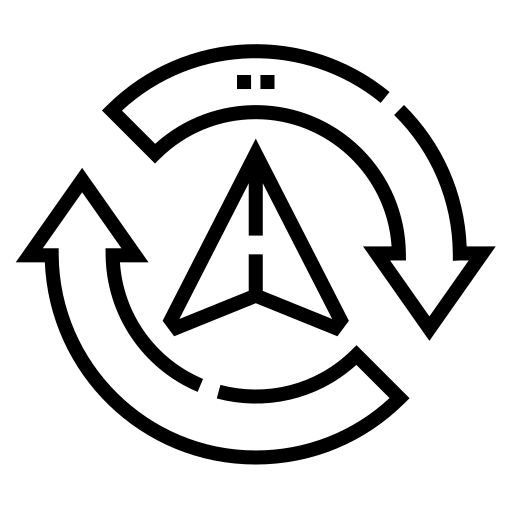
Theoretical Orientation
Applying evidence-based practices to complex cases.
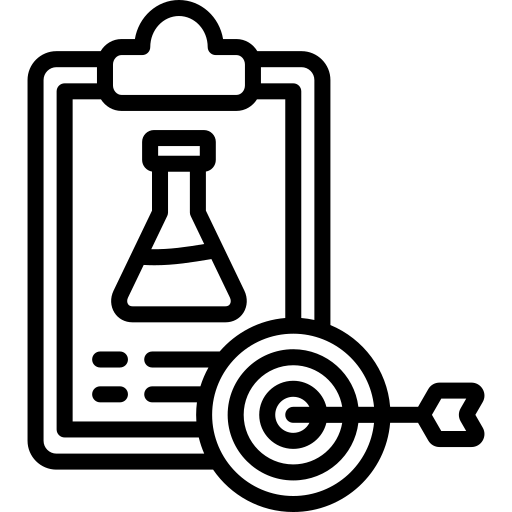
Treatment Plans and Goals
Collaborating with clients to develop structured, inclusive plans.
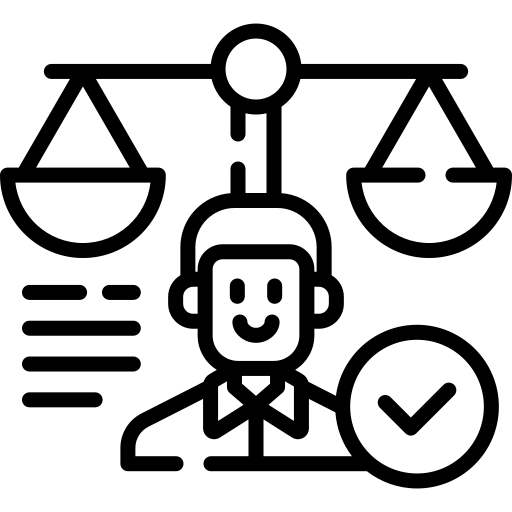
Professional Ethics
Reflecting on ethical tensions and reactions in practice.

